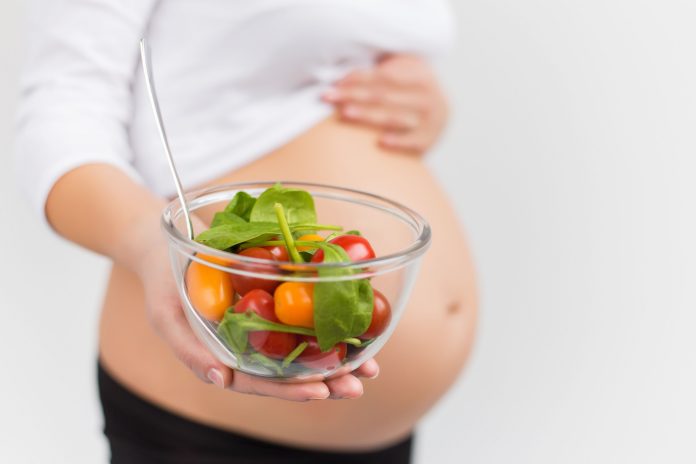- Mercury in some types of fish – shark, swordfish, and marlin should be avoided, or kept to an absolute minimum.
- Uncooked or partially cooked meat – this should be avoided, it should be cooked right through. Uncooked shellfish – there is a risk of bacterial or viral contamination which can cause food poisoning. Some bacteria and viruses can also cross the placenta and harm the baby.
- Raw eggs – including any foods with raw or partially cooked eggs in them. Eggs must be well cooked through to avoid salmonella infection.
- Uncooked or undercooked ready-prepared meals – it is crucial that ready-prepared meals are cooked through until they are piping hot. The risk of listeriosis exists, as well as infection from other pathogens.
- Pate – any type of pate, be it vegetable or meat-based – the risk here is also of listeria infection.
- Soft mold-ripened cheese – such as blue-veined cheese, Brie or Camembert. There is a risk of listeria infection. Listeria is a group of bacteria that can cause potentially fatal infections to pregnant women and their babies.
- Empty calorie foods – cakes, biscuits, cookies, chips and candy should be kept to a minimum. Many of these options are high in sugar and fat, have little nutritional content, and may undermine a pregnant woman’s efforts at maintaining a healthy body weight.
Should I stop drinking alcohol completely?
Public health authorities throughout the world have been progressively reducing the maximum amount of alcohol a woman should drink each week.
A fetus’ liver cannot process alcohol anywhere nearly as well as an adult’s can. Too much exposure to alcohol can seriously undermine the baby’s development. Most doctors advise pregnant mothers to avoid alcohol altogether.
Some guidelines recommend only very small amounts per week, if the mother chooses to drink while pregnant. Heavy drinking during pregnancy may harm both the mother and the baby. There is a risk that the baby will develop FAS (fetal alcohol syndrome), so many mothers choose to remove the risk of any issues by eliminating alcohol from their diet during pregnancy.
Should pregnant women avoid caffeine?
If a pregnant mother consumes too much caffeine during her pregnancy, there is a raised risk of a low birth weight, which can lead to health problems later on. There is also a higher risk of miscarriage.
Many foods and drinks contain caffeine, not just coffee. Examples include some sodas, energy drinks, chocolate, and tea. Some cold and flu remedies also contain caffeine. A pregnant woman should talk to her doctor, nurse, or pharmacist before taking a remedy.
Most health authorities around the world say that coffee does not need to be cut out completely, but should not exceed more than 200 milligrams per day. A standard mug of instant coffee contains 100 milligrams of caffeine.
Weight gain
According to the Institute of Medicine, USA, a woman whose body mass index (BMI) is between 18.5 and 24.9 should gain 25-35 pounds (11.4-15.9 kilograms) during the 9 months. A woman who is overweight at the start of pregnancy should gain between 15-25 pounds (6.8 to 11.4 kg). Weight gain recommendations may also vary, depending on the woman’s age, fetal development, and her current health.
Excessive or insufficient weight gain can undermine the health of both the fetus and the mother.
























